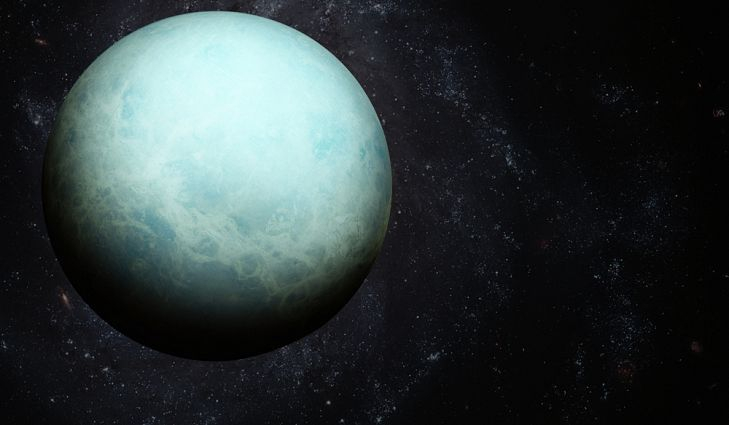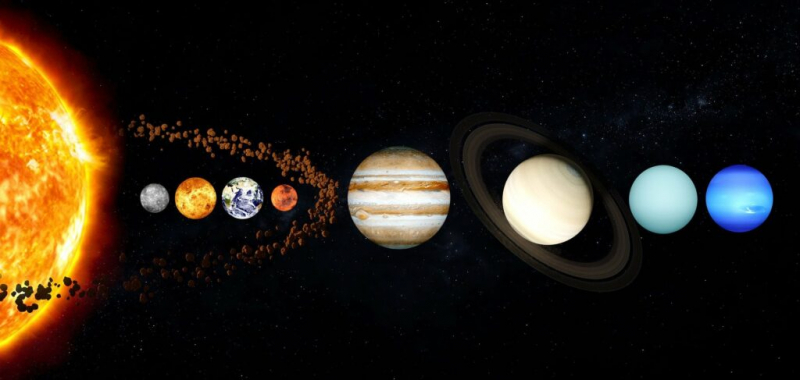Uranus Is The Coldest Planet In The Solar System

The sun warms the planets in our solar system. The distance between Earth and the sun, roughly 100 million miles, provides the ideal temperature for life. You might think, then, that the coldest planet in the solar system would be Neptune, as it is the farthest away from the sun's warmth. Neptune is an incredible three billion miles away from the sun.
Despite being one billion miles closer to the sun than Neptune, Uranus is the coldest planet, not Neptune. According to NASA, the coldest temperature ever recorded in the solar system was on Uranus, where it was a very chilling minus 371 degrees Fahrenheit (minus 224 degrees Celsius). Naturally, Neptune is still incredibly cold, with a typical temperature of minus 353 degrees Fahrenheit (minus 214 degrees Celsius), but Uranus is colder.
It has nothing to do with Uranus's distance from the sun that makes it so chilly. Uranus has turned onto its side millions of years ago when a large object struck the planet violently. Even today, Uranus still revolves around the sun on its side. Some of the heat that was contained inside Uranus was also released as a result of the collision.
Planets still contain heat that was present during their formation. Smaller rock fragments colliding together create planets, which are built up piece by piece over many millions of years. The globe becomes somewhat hotter with each collision of these rocks. The same way that your hands will become warm if you clap them together for an extended period of time, planets also experience this. Neptune has been able to retain more of its heat since it wasn't struck by a massive asteroid like Uranus did.








